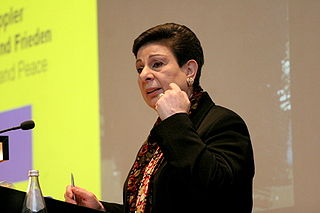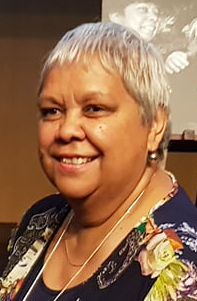A Quote by Alexander Hamilton
The variety of more minute interests, which will necessarily fall under the superintendence of the local administrations . . . cannot be particularized without involving a detail too tedious and uninteresting to compensate for the instruction it might afford.
Related Quotes
The state governments have a full superintendence and control over the immense mass of local interests of their respective states, which connect themselves with the feelings, the affections, the municipal institutions, and the internal arrangements of the whole population. They possess, too, the immediate administration of justice in all cases, civil and criminal, which concern the property, personal rights, and peaceful pursuits of their own citizens.
It would seem that if despotism were to be established among the democratic nations of our days, it might assume a different character; it would be more extensive and more mild; it would degrade men without tormenting them. I do not question that, in an age of instruction and equality like our own, sovereigns might more easily succeed in collecting all political power into their own hands and might interfere more habitually and decidedly with the circle of private interests than any sovereign of antiquity could ever do.
Differentiated Instruction is a teaching philosophy based on the premise that teachers should adapt instruction to student differences. Rather than marching students through the curriculum lockstep, teachers should modify their instruction to meet students' varying readiness levels, learning preferences, and interests. Therefore, the teacher proactively plans a variety of ways to 'get it' and express learning.
Advocating democracy has, by other people, often been taken as a form of imperialism, and not without some justification. So the important thing in a democracy is that it doesn't necessarily have to agree with what America's interests are, and it doesn't necessarily have to be serving American interests.
New York is perhaps the only place in America where you feel at the centre and not at the margins, in the provinces, so for that reason I prefer its horror to this privileged beauty, its enslavement to the freedoms which remain local and privileged and very particularized, and which do not represent a genuine antithesis.
You cannot hammer a girl into anything. She grows as a flower does, she will wither without sun; she will decay in her sheath as a narcissus will if you do not give her air enough; she might fall and defile her head in dust if you leave her without help at some moments in her life; but you cannot fetter her; she must take her own fair form and way if she take any.
The priorities for the new Palestinian government is the economy. If Hamas cannot pay salaries when they form the government, there will be a collapse. People cannot afford to have that happen; there is nothing for people to fall back on. If people go hungry, there will be chaos - not just instability, but a breakdown. And there will be violence with a spillover effect. This is crucial to understand.
Generations of women have sacrificed their lives to become their mothers. But we do not have that luxury any more. The world has changed too much to let us have the lives our mothers had. And we can no longer afford the guilt we feel at not being our mothers. We cannot afford any guilt that pulls us back to the past. We have to grow up, whether we want to or not. We have to stop blaming men and mothers and seize every second of our lives with passion. We can no longer afford to waste our creativity. We cannot afford spiritual laziness.
In my childhood I was obsessed with cameras but could not afford one. After much persuasion my father Harivansh Rai Bachchan bought me a box camera which I treasured for years. Initially I clicked trees and nature and as I grew up started noticing prettier things-motorbike, sleek cars and cool girls. But the hamartia of life is when you desire something you cannot afford it and when you are able to afford it you are too old to use it. Now I don't need all gadgets but it's satisfying to know that at least I can afford them.
We cannot find God without God. We cannot reach God without God. We cannot satisfy God without God - which is another way of saying that all our seeking will fall short unless God starts and finishes the search. The decisive part of our seeking is not our human ascent to God, but His descent to us. Without God's descent there is no human ascent. The secret of the quest lies not in our brilliance but in His grace.
To my mind, you cannot speak about the need for leadership within our communities without being prepared to take on responsibility yourself. It's not enough to point the finger at those who have let us down and to expect others to come forward and fix our problems. Nor can anyone afford to call themselves a leader unless they truly have the interests of our community at heart. Too many people like to think they are leaders and too many are identified by the media as leaders who are not really leaders at all.


































